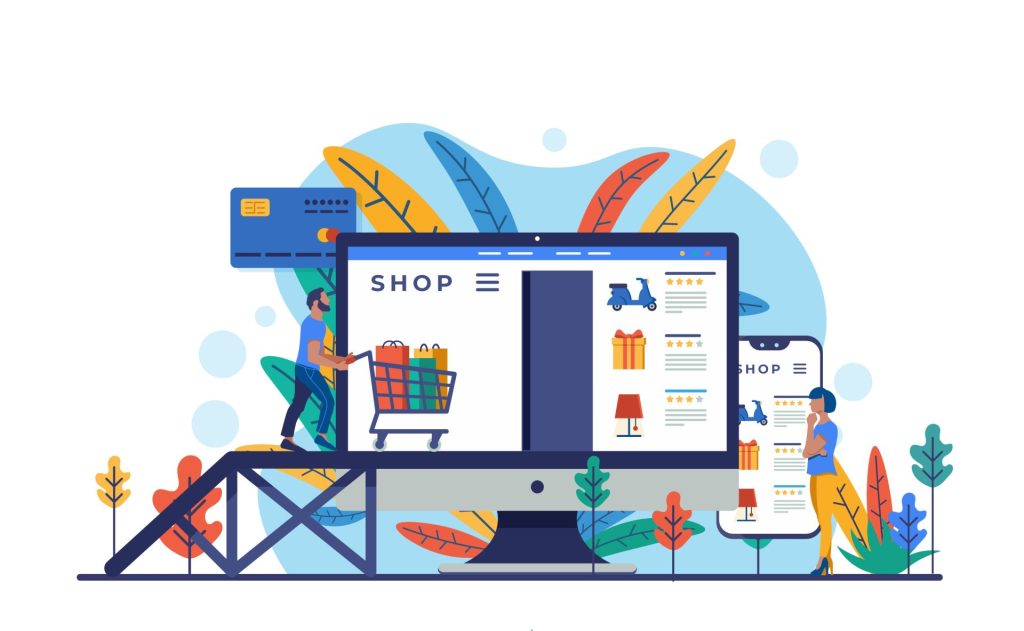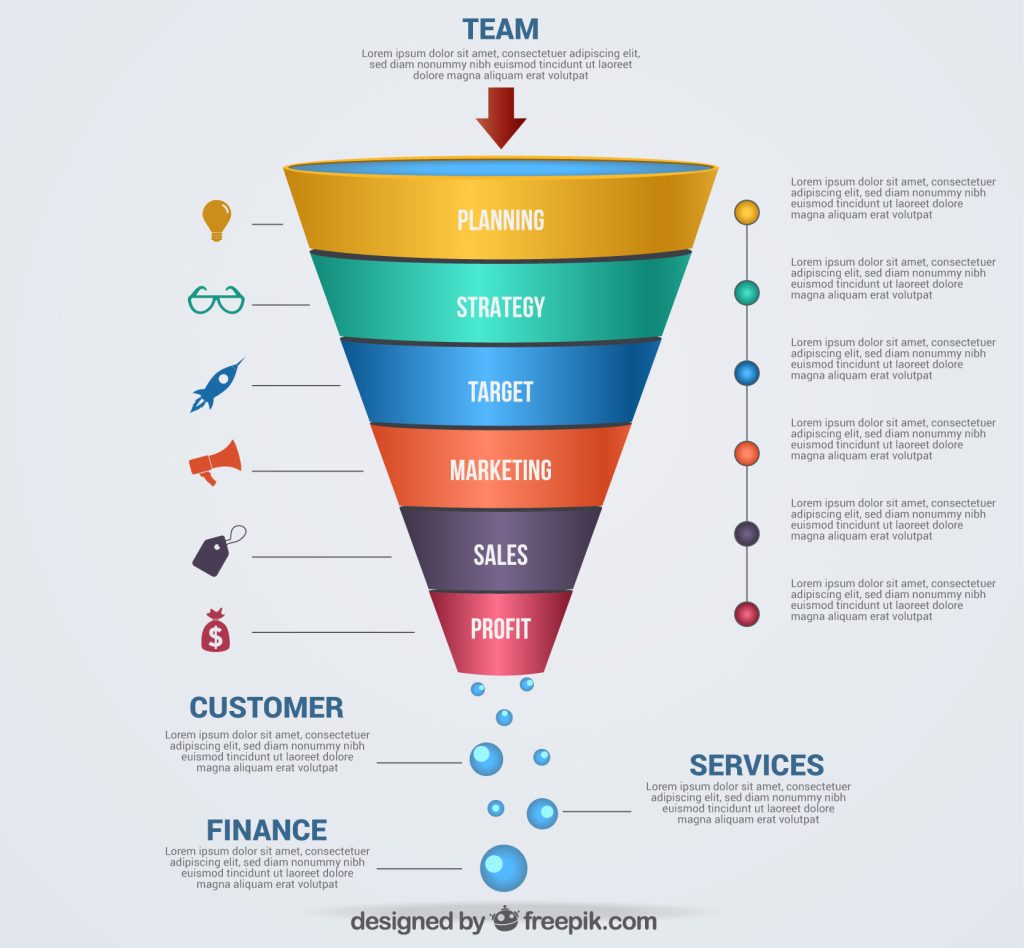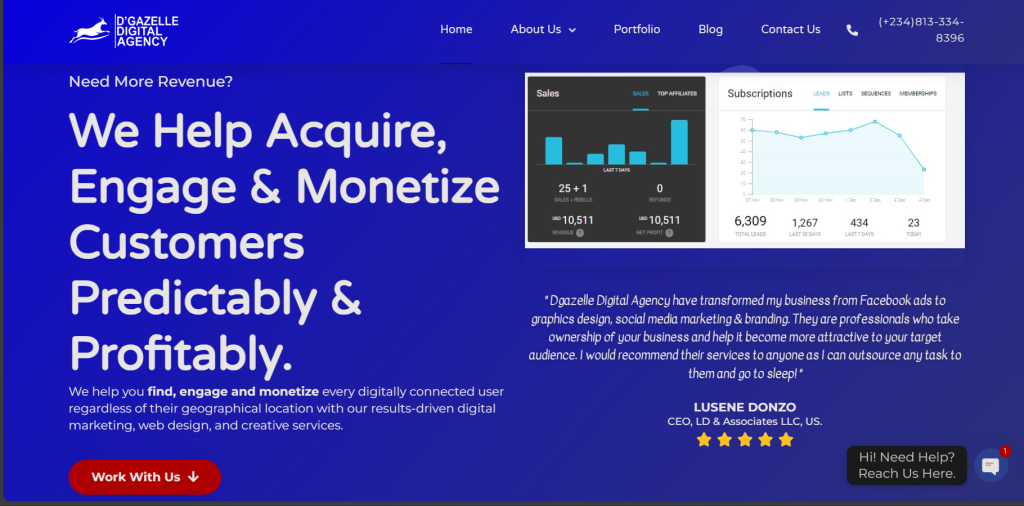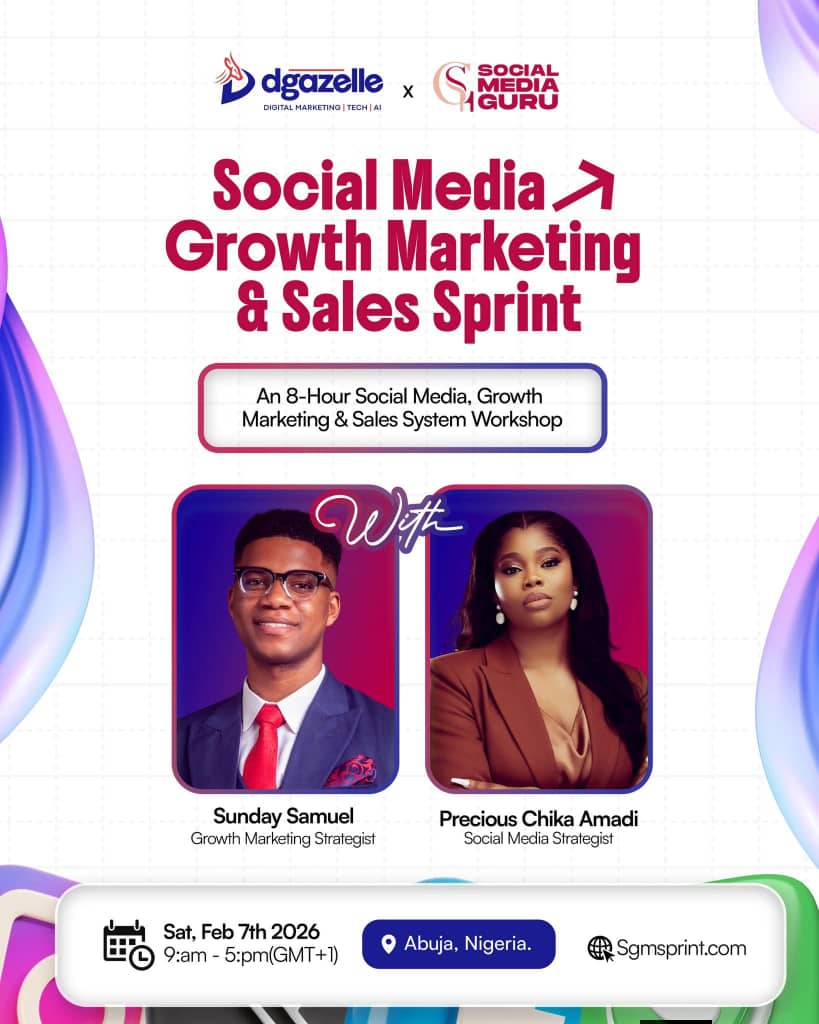Introduction
In today’s digital landscape, establishing a robust online presence is crucial for the success of any business. Whether you are a startup looking to make a mark in the industry or a well-established company aiming to expand your reach, choosing the right online platform is essential. This blog post will guide you through the decision-making process, delving into the characteristics, benefits, and best use cases for each one of them, helping you understand the differences between them and how they can significantly impact your marketing efforts and ultimately, your profitability and online presence.. By the end, you’ll have a clear understanding of which option aligns best with your business goals.
Understanding the Basics
Before delving into the specifics of each platform, it is essential to grasp the fundamental concepts. A landing page is a standalone web page created for a specific marketing campaign, while a sales funnel is a series of steps designed to lead potential customers towards a purchase. On the other hand, an online store is a virtual storefront where customers can browse and buy products or services.
Importance of Online Presence
In a digital age where consumers rely heavily on the internet for their purchasing decisions, having a strong online presence can make or break a business. An effective online platform can help you reach a wider audience, increase brand awareness, and drive sales.
Differentiating them
Each online platform serves a distinct purpose and is suited for different business objectives. Understanding the unique features and benefits of landing pages, sales funnels, and online stores will enable you to make an informed decision based on your specific needs.
Landing Page
This is a standalone web page created with a specific goal in mind. Unlike a homepage or other pages on your website, it is designed for a single focused objective, such as capturing leads or promoting a product.

Image Source: Dgazelle Digital Agency
Benefits of Landing Pages
1. Lead Generation: Landing_pages excel at capturing leads. By offering something of value in exchange for contact information, businesses can grow their email lists and nurture leads.
2. Focused Messaging: With a single call to action (CTA), landing pages eliminate distractions, ensuring visitors stay focused on the intended conversion goal.
3. Campaign Specific: They are ideal for marketing campaigns. Whether it’s a product launch, webinar registration, or event promotion, a landing page can be tailored to the campaign’s message.
Purpose of a Landing Page
1. Capturing Leads: they are always designed to capture visitor’s information, such as email addresses, through a form or call-to-action.
2. Introducing New Products: It can be used to introduce and promote new products or services to a targeted audience.
3. Promoting Special Offers: it is effective in promoting special offers, discounts, or limited-time deals.
Elements of an Effective Landing Page
Compelling Headline: A catchy headline that grabs the visitor’s attention and conveys the value proposition.
Clear Call-to-Action: A prominent and concise call-to-action that guides visitors towards the desired action.
Minimalist Design: Simple and clean design that focuses on the key message without distractions.
When to Use
1. Launching a New Product: When introducing a new product to the market and generating buzz.
2. Running a Promotional Campaign: For promoting special offers or discounts to drive conversions.
3. Conducting A/B Testing: To test different variations of a page and optimize for better results.
4. Event Registrations: Drive registrations for webinars, workshops, or conferences with a dedicated landing page showcasing event details and registration form.
5. Lead Magnets: Offer free resources like e-books, guides, or templates in exchange for email sign-ups.
Sales Funnel
A sales funnel is a multi-step process that guides potential customers through their buying journey. It consists of stages such as awareness, interest, decision, and action. Each stage aims to move prospects closer to making a purchase.

Image Source: Image by Freepik
Understanding the Sales Funnel Concept
1. Awareness Stage: Attracting potential customers and creating awareness about your products or services.
2. Interest Stage: Engaging with leads and providing valuable content to build interest.
3. Decision Stage: Converting leads into customers by presenting compelling offers and call-to-actions.
Components of a Sales Funnel
Lead Magnet: Offering a valuable freebie in exchange for contact information to attract leads.
Email Sequences: Nurturing leads through personalized email communications to build trust and encourage conversions.
Conversion Pages: Optimized pages designed to convert leads into customers at different stages of the funnel.
Benefits of a Sales Funnel
Building Customer Relationships: By nurturing leads throughout the funnel, you can build strong relationships with your customers.
Maximizing Lifetime Customer Value: By guiding customers through the funnel, you can maximize their lifetime value and encourage repeat purchases.
Customer Journey Mapping: Sales funnels map out the customer’s journey, helping businesses understand where prospects are in the buying process.
Personalization: Tailoring content and offers to each stage of the funnel increases relevance and improves conversion rates.
Upselling and Cross-selling: Funnels allow businesses to upsell or cross-sell to existing customers, maximizing the value of each transaction
Best Use Cases
– E-commerce: For online stores, sales funnels can be used to guide visitors from product discovery to checkout, reducing cart abandonment.
– Service Businesses: Consultants, coaches, and service providers can use funnels to showcase expertise, offer consultations, and secure bookings.
– Membership Sites: Funnels are effective for acquiring members by offering trials or demonstrating the value of membership.
Online Store
An online store, also known as an e-commerce website, is a digital platform where businesses sell products or services directly to consumers. It typically includes product listings, shopping carts, and payment gateways.

Image Source: Image by Freepik
Characteristics of an Online Store
1. Product Catalog: A comprehensive catalog of products or services with detailed descriptions and images.
2. Shopping Cart: A user-friendly shopping cart system that allows customers to add products and proceed to checkout.
3. Payment Gateway: Secure payment gateways for online transactions to ensure customer trust and safety.
Advantages of an Online Store
24/7 Accessibility: Customers can browse and shop at any time of the day, increasing convenience and flexibility.
Global Reach: Reach customers worldwide and expand your market beyond geographical boundaries.
Personalized Shopping Experience: Tailoring product recommendations and offers based on customer preferences to enhance the shopping experience.
Scalability: As businesses grow, online stores can easily scale to accommodate more products and customers.
Considerations Before Setting Up an Online Store
1. Choosing the Right E-commerce Platform: Selecting a platform that meets your business requirements in terms of scalability, features, and customization.
2. Managing Inventory and Shipping: Ensuring efficient inventory management and shipping processes to provide timely and reliable deliveries.
3. Optimizing for Mobile Users: Designing a mobile-responsive website to cater to the growing number of mobile shoppers.
Best Use Cases
– Retail Businesses: Whether selling clothing, electronics, or handmade goods, online stores provide a platform for showcasing and selling products.
– Digital Products: Online courses, e-books, and software can be sold directly through an online store, with instant delivery to customers.
– Subscription Services: Businesses offering subscription boxes or services can manage subscriptions and payments through their online store.
Making the Decision
Factors to Consider
1. Business Goals: Align your choice with your business objectives. Are you focused on lead generation, direct sales, or brand awareness?
2. Target Audience: Consider where your audience spends their time online and how they prefer to shop or engage with brands.
3. Budget and Resources: Landing pages are cost-effective, while online stores require more investment in maintenance and marketing.
Integration and Complementarity
– Combining Strategies: In many cases, businesses can benefit from using a combination of landing pages, sales funnels, and online stores.
– Example: A business might use a landing page for lead generation, a sales funnel for product launches and upsells, and an online store for direct sales.
Conclusion
As you navigate the digital landscape, it is essential to craft a comprehensive online strategy that aligns with your business goals. which ever you choose, tailor your approach to maximize your online presence and leverage the power of digital marketing. Embrace the opportunities that each platform offers and watch your business thrive in the competitive online marketplace.
By making an informed decision and implementing a well-thought-out online strategy, you can effectively engage with your target audience, drive conversions, and achieve sustainable growth. So, take the next step in transforming your business online and embark on a journey towards success!
Remember, the key to success lies in understanding your audience, delivering value, and embracing the ever-evolving digital landscape. Good luck on your online journey!
.
For the latest updates, subscribe and be the first to know when new posts are live..
[mailerlite_form form_id=2]








